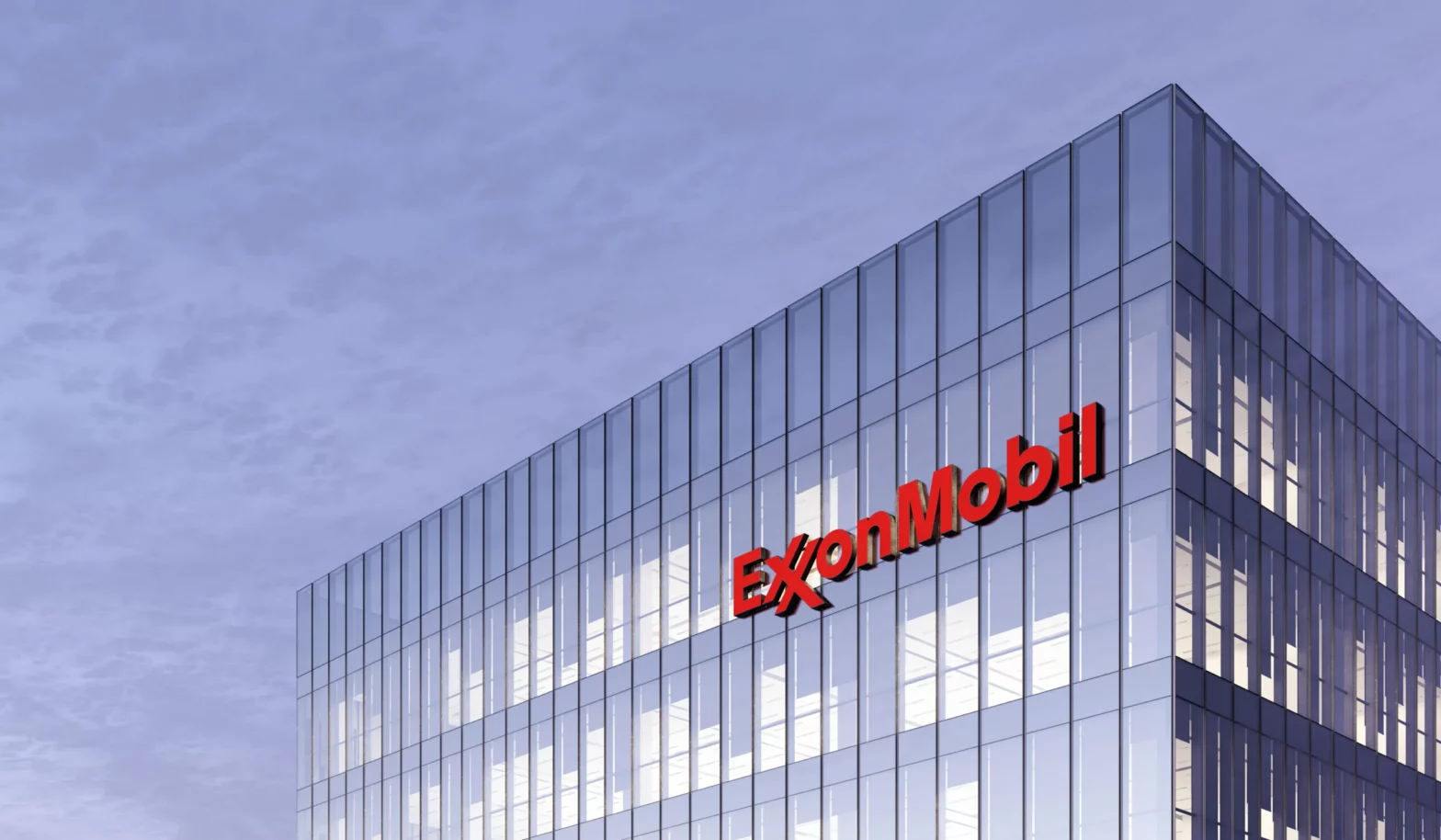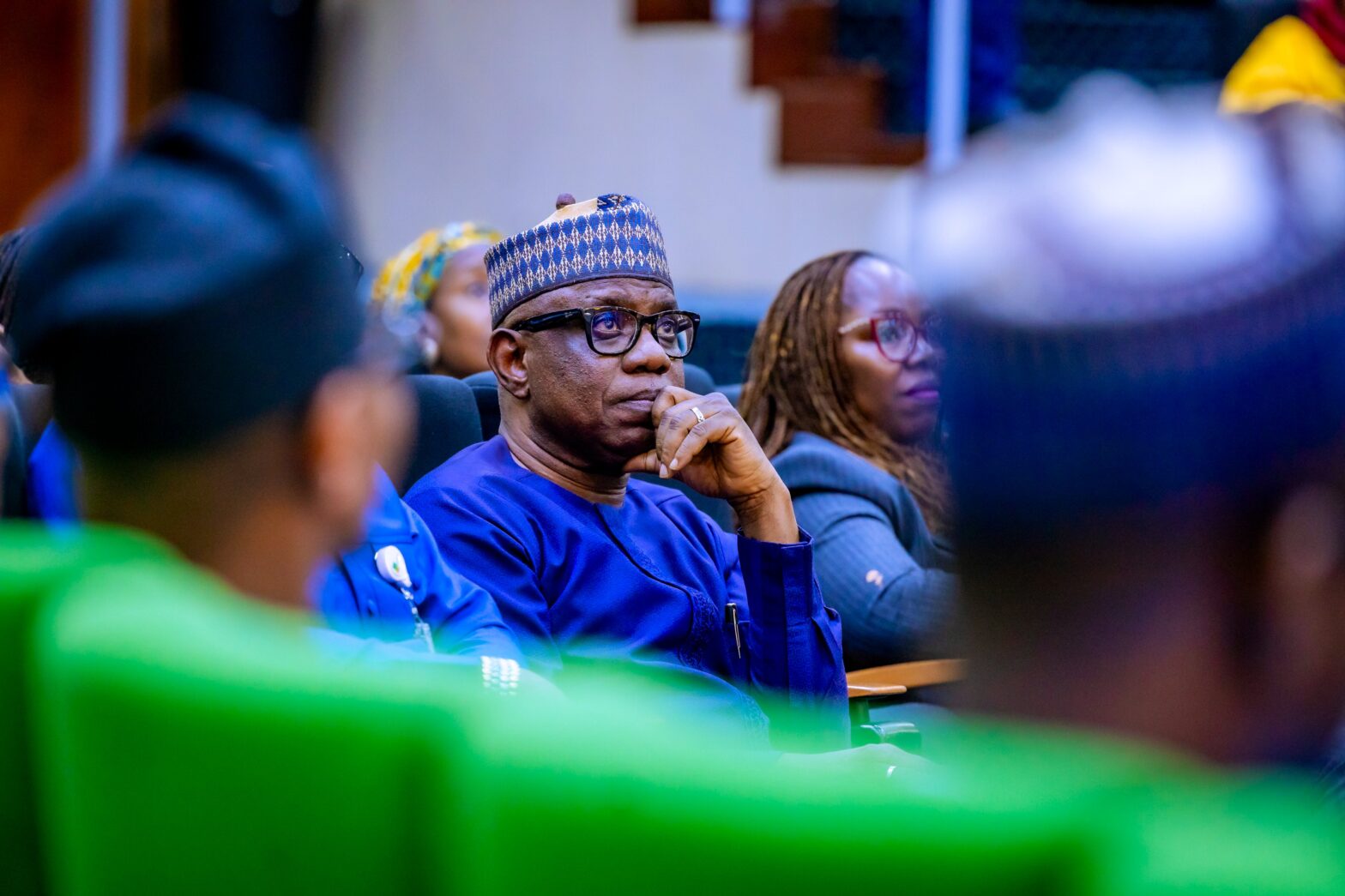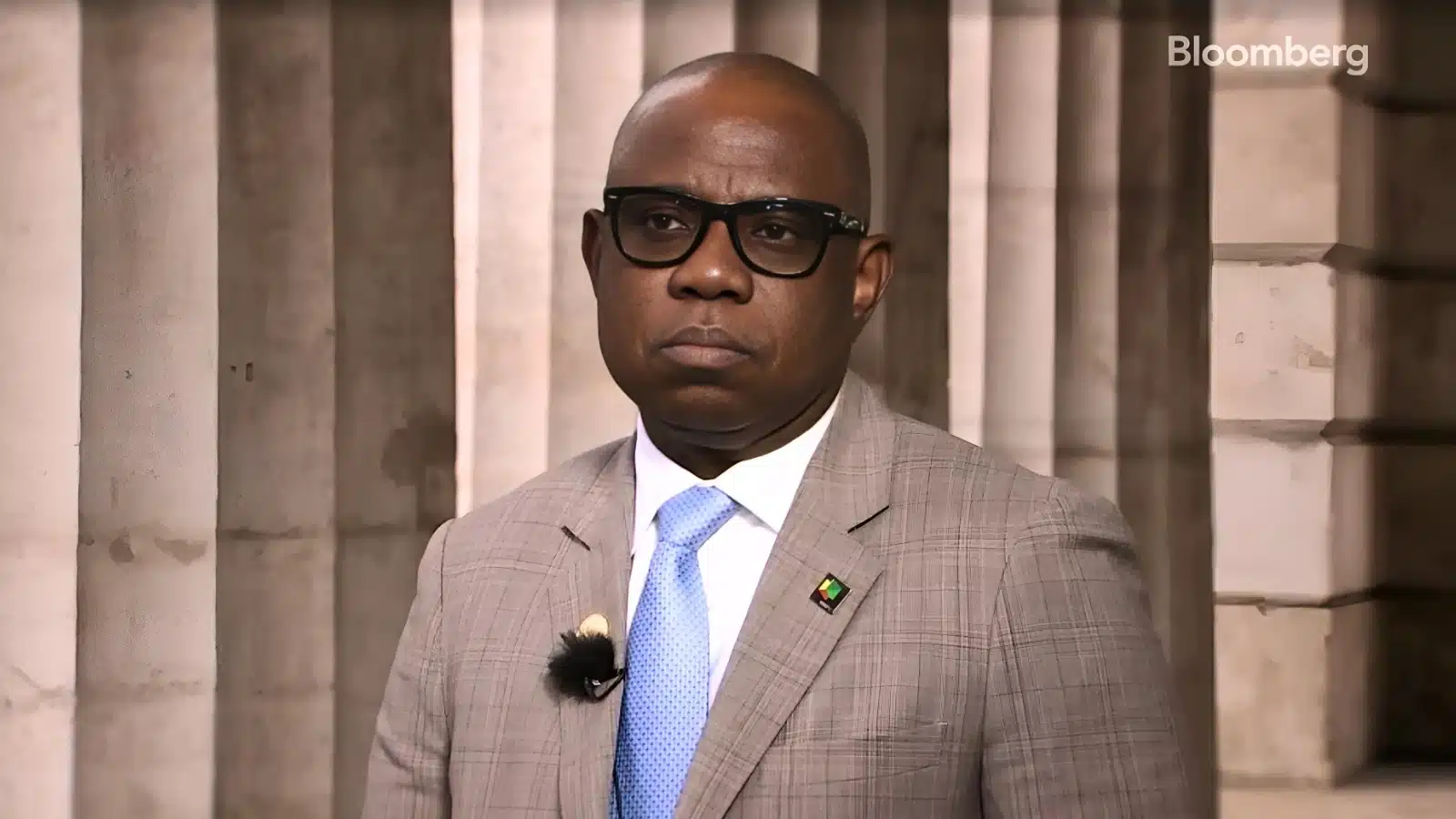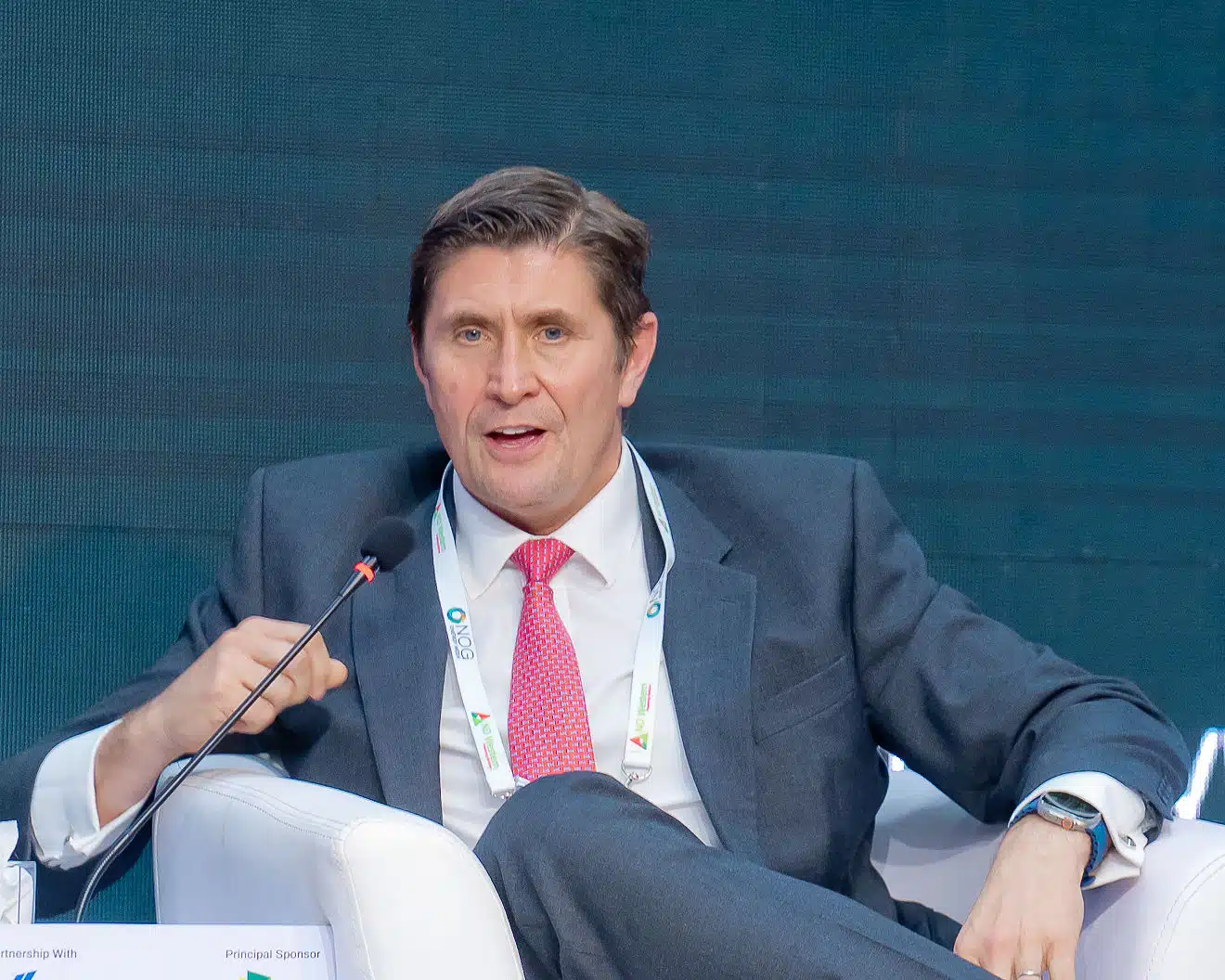The latent tension between Dangote Refinery and the Nigerian National Oil Company (NNPC) Limited appears unlikely to subside soon, as a recent dispute between the two entities over a $1 billion loan controversy has surfaced.
The national oil company, the largest oil and gas firm in Nigeria, and Dangote Refinery, the largest single-train refinery globally, have had their interests aligned over the years but have experienced intermittent clashes.
The latest controversy surrounding a $1 billion equity investment has reinforced the belief that the tension might persist. NNPC had earlier claimed that it “supported” Dangote Refinery with $1 billion while the petrochemical plant faced liquidity challenges.
According to NNPC, the $1 billion represents its stake in the $19 billion refinery. The loan was secured to help keep Dangote Refinery afloat, the spokesperson for the national oil company stated.
As a backdrop, the CEO of Dangote Refinery, Aliko Dangote, disclosed in June that NNPC backed out of a 20% equity stake in the refinery, retaining only a 7.2% stake.
This revelation surprised many, as it was widely believed that NNPC’s stake in the refinery would strengthen Nigeria’s interests and enhance energy security. NNPC, however, explained that it reduced its stake due to other obligations and had previously informed Dangote of its decision.
Speaking on its stake in the 650,000 barrels-per-day petrochemical plant, the head of Corporate Communications at NNPC, Olufemi Soneye, stated that the national oil company secured a $1 billion loan to assist Dangote Refinery during liquidity challenges.
“A strategic decision to secure a $1 billion loan backed by NNPC’s crude was instrumental in supporting the Dangote Refinery during liquidity challenges, paving the way for the establishment of Nigeria’s first private refinery. This initiative underscores NNPC’s dedication to fostering public-private partnerships that drive national development,” Soneye said in a statement.
This claim, however, prompted reactions from the public and Dangote management. In response, the spokesperson for Dangote Refinery, Anthony Chiejina, refuted the assertion of liquidity challenges.
Explaining the company’s perspective in a statement titled “ADDRESSING NNPCL’S MISINFORMATION,” Chiejina clarified that the $1 billion from NNPC was an equity investment in the refinery.
“We agreed on the sale of a 20% stake at a value of $2.76 billion. Of this, we agreed that they would only pay $1 billion while the balance would be recovered over five years through deductions on crude oil supplied to us and from dividends due to them.
“If we were struggling with liquidity challenges, we wouldn’t have given them such generous payment terms. As of 2021, when the agreement was signed, the refinery was at the pre-commission stage. Additionally, if we faced liquidity issues, this agreement would have been cash-based rather than credit-driven,” Chiejina said.
Not the First Clash
This is not the first clash between Dangote Refinery and NNPC since the refinery came online early last year.
Initially, Dangote alleged that NNPC was not fulfilling its obligations to supply the agreed-upon crude oil to the refinery, forcing it to depend on imported crude oil.
The CEO of the refinery, Aliko Dangote, also alleged that some major players in the oil and gas sector, including NNPC officials, were undermining the refinery’s efforts. He claimed that some of these players operated blending plants in Malta, importing substandard fuel.
“Some of the NNPC people and some traders have opened a blending plant somewhere off Malta. We all know these areas. We know what they are doing,” Dangote said, according to reports.
This remark prompted NNPC’s Group CEO, Mele Kyari, to release a statement denying ownership of any refinery in Malta or elsewhere. He also announced plans to probe the accusation, whether it’s true or false.
“To clarify the allegations regarding the blending plant, I do not own or operate any business directly or by proxy anywhere in the world except a local mini agricultural venture. Neither am I aware of any employee of NNPC owning or operating a blending plant in Malta or elsewhere,” Kyari said.
Disruption in the Downstream Sector
Before the 650,000 barrels-per-day Dangote Refinery became operational, NNPC was the sole importer of petrol in Nigeria due to foreign exchange challenges. The advent of Dangote Refinery has disrupted a sector dependent on fuel imports for over four decades.
According to the National Bureau of Statistics (NBS), Nigeria spent no less than N7 trillion on fuel imports in 2023 alone. This trend has persisted for more than 40 years, with the country’s four state-owned refineries remaining non-functional.
Dangote Refinery is thus a disruptor, with the capacity to meet local demand and export to other countries.
In a statement at the State House in Abuja, Aliko Dangote urged local marketers to purchase from the refinery, noting that some were intentionally avoiding it despite reduced prices and high-quality products.
“As we speak today, we have 500 million liters in our tanks. Even if there’s no production or imports, this stock will sustain the country for more than 12 days.
“I don’t expect either NNPC or the marketers to stop importing, but the truth is they should come and pick because we have what they need. We are not retailers. We also don’t have trucks to send the products to the filling stations. We have a factory where they can load,” Dangote said in October.
Since then, the refinery has reduced the price of its products at least twice.
Unusual Bedfellows
In November, the Port Harcourt Refinery resumed operations, creating local competition for Dangote Refinery in the domestic market.
While Dangote Refinery has greater capacity, the state-owned Port Harcourt Refinery benefits from secure crude oil supply, regulatory support, and an established retail network through NNPC outlets across the country.
Lagos-based oil and gas expert James Akwaji noted that a gentlemanly resolution would be the best outcome for both parties.
Akwaji explained that the two entities have “intertwined interests” in Nigeria’s oil sector. NNPC remains the main supplier of crude oil to the Dangote refinery, while Dangote is emerging as the dominant supplier of petrol in the domestic market as it ramps up production.
“While there are signs of strain in their relationship, a complete breakaway seems unlikely given the intertwined interests in Nigeria’s oil sector. A more probable scenario is a ‘gentlemanly resolution’ where both parties find common ground to collaborate effectively while still competing in certain areas,” Akwaji said.
The ongoing row between the two energy giants, highlighted by the $1 billion loan controversy, is unlikely to be resolved soon.
However, their healthy competition promises a fairer, more transparent, and price-driven market, benefiting consumers on a larger scale.









